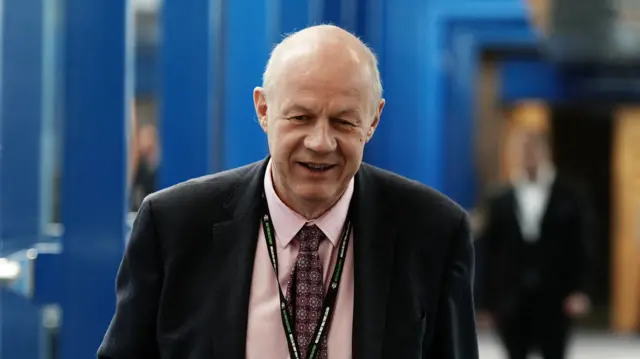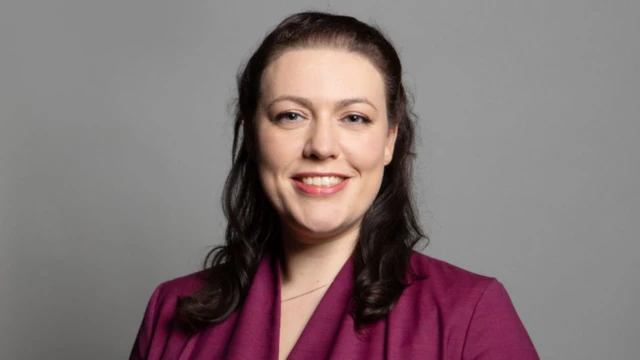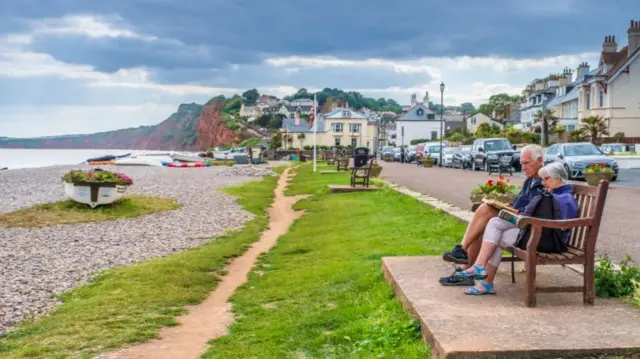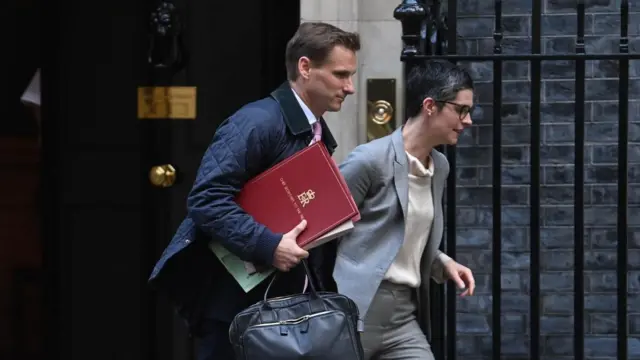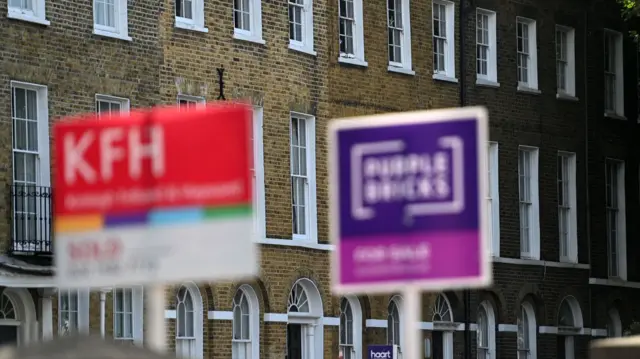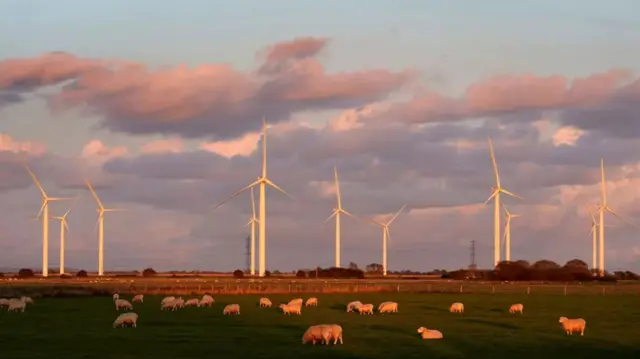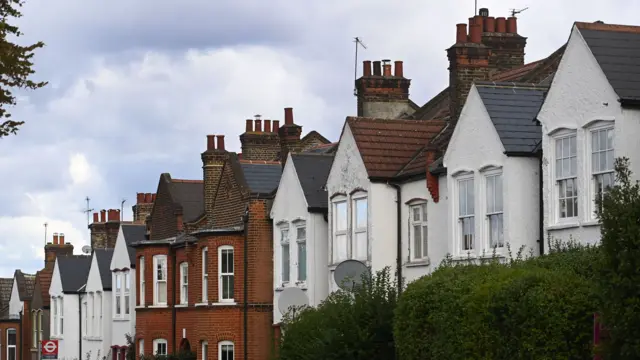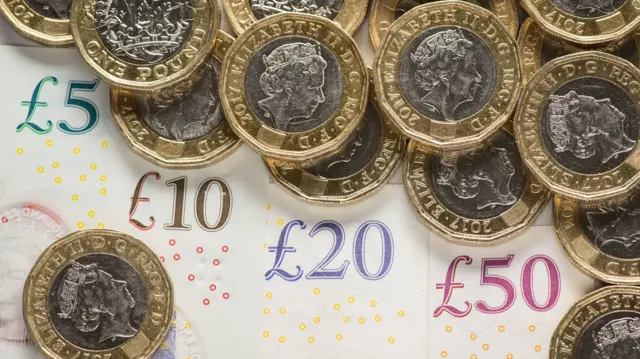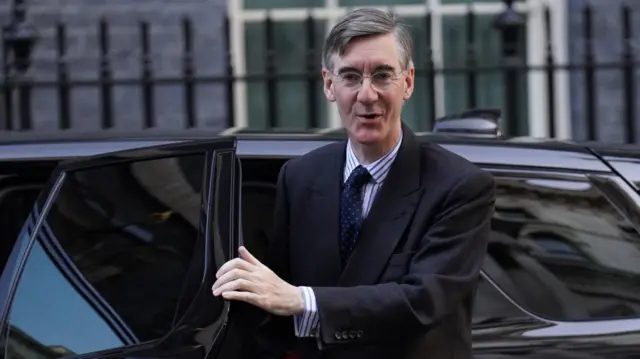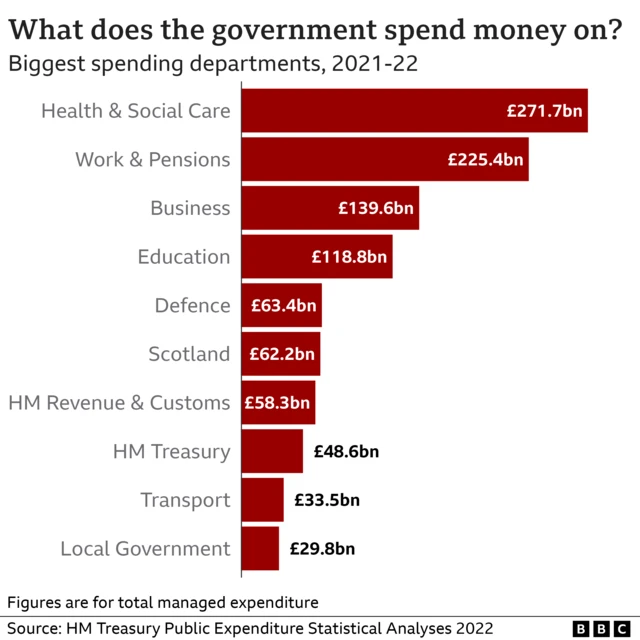Truss speaks to the 1922 Committeepublished at 18:03 BST 12 October 2022
 Ione Wells
Ione Wells
Political Correspondent, BBC News
Liz Truss has been addressing her backbench MPs. She received the customary banging of fists on the tables from MPs as she entered.
The meeting comes after a rocky few weeks for relations with her MPs - particularly after some of their unease caused her to perform a U-turn over her plans to cut the top rate of tax for the highest earners.
Some of her recent prominent critics, like Michael Gove, showed up. But it certainly didn't seem like it was nearly a full house of backbenchers — with many Tory MPs not there.
Others have grumbles about other issues — there is a live debate about whether benefits should rise in line with inflation or not, and whether fracking should go ahead, to name just two.
